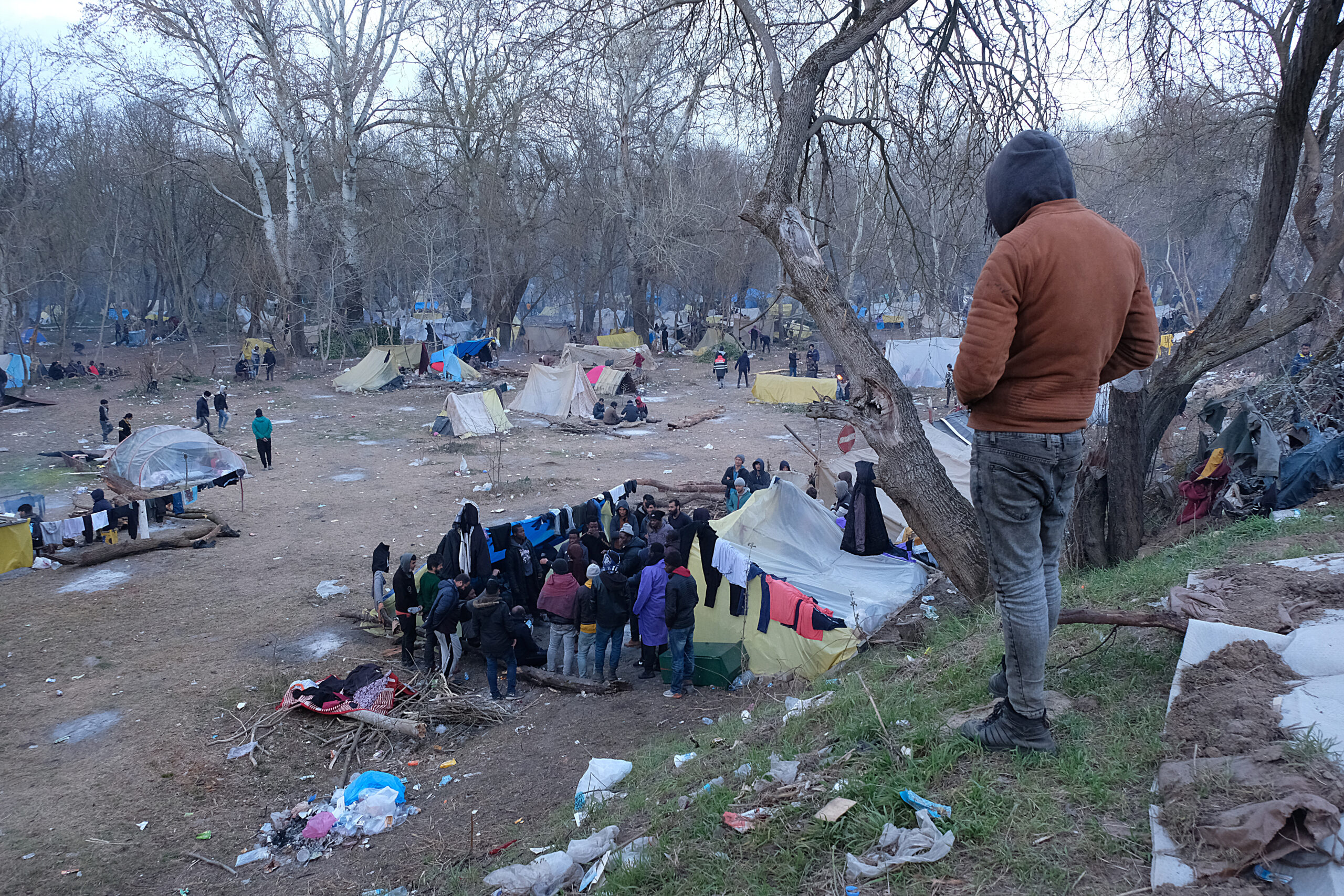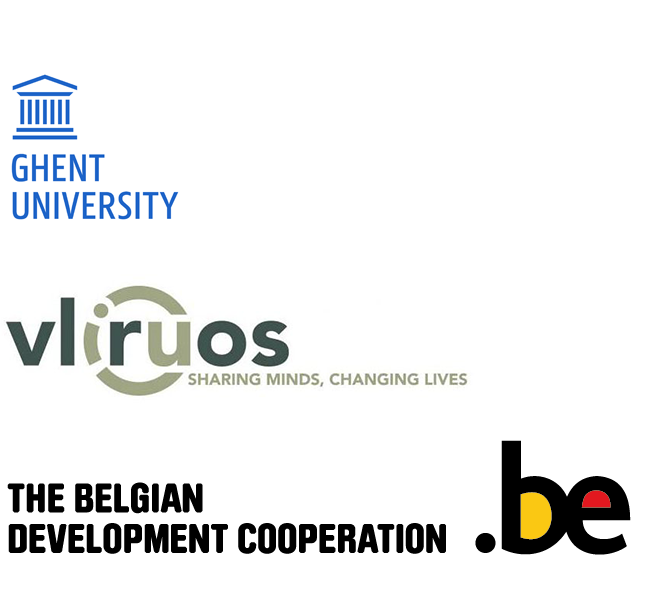CliMigHealth is an international, transdisciplinary network, integrating diverse expertise and better representing the Global South, through strengthening research, educational and knowledge translation capacity.
CliMigHealth is an interdisciplinary, international network of academic institutions, NGOs and individuals dedicated to understanding and addressing how climate change, migration and health(care) interact.

Why does the climate-migration-health nexus matter?
Limiting Global Warming
Despite 196 countries signing the Paris Agreement and commitment to limit global warming, global greenhouse gas emissions continue to rise and the average global temperature has risen 1.2°C above pre-industrial levels and is expected to exceed 1.5°C by 2024.
Climate Migration
Global warming has an increasing effect on migration. By 2050, a staggering 1 billion people may be migrating due to climate change. This will affect communities with the poorest health first. Refugees, internally displaced people or those trapped in unviable living conditions may experience a myriad of adverse health outcomes linked to extreme weather and migration challenges.
However, how climate change directly, or indirectly via migration, impacts health, and what the role of health systems can be, is still underexplored.
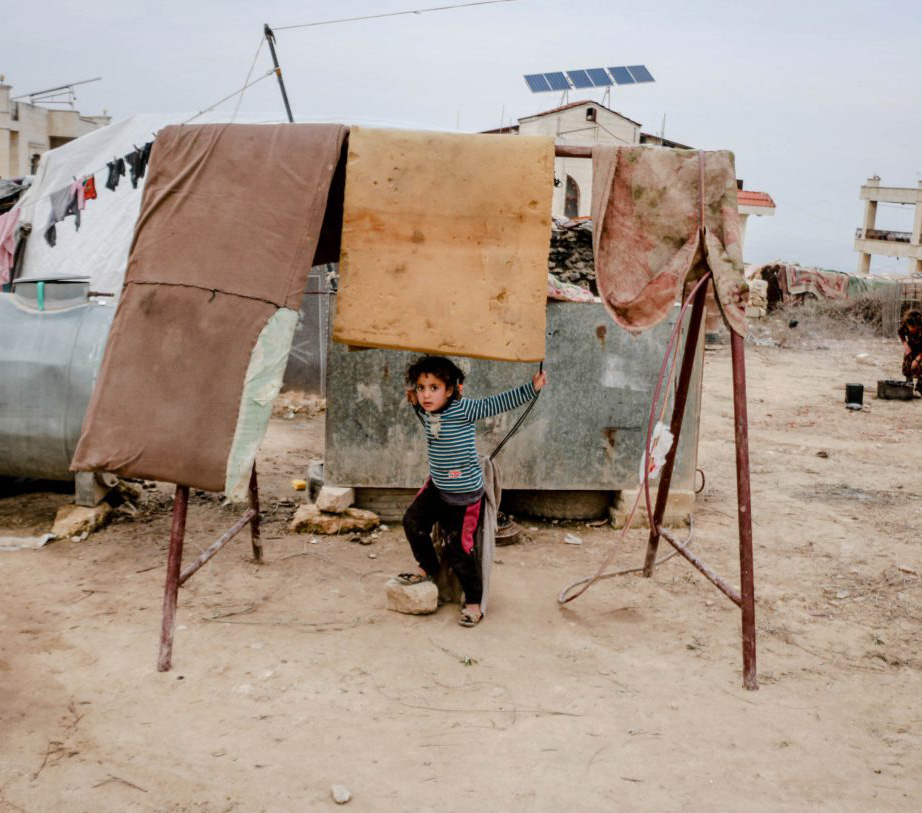
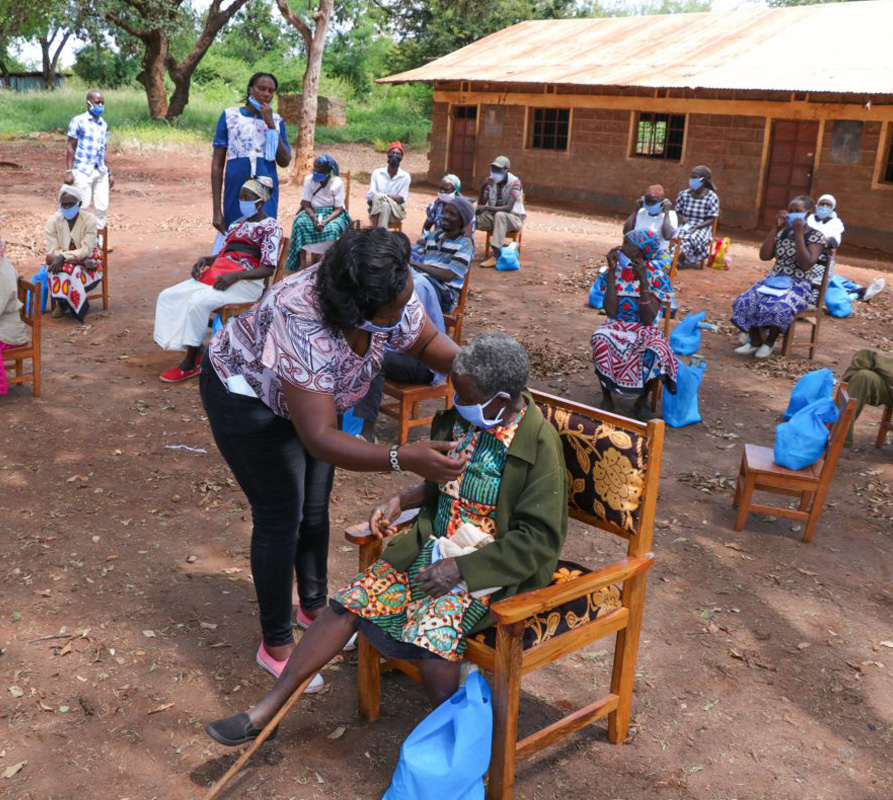


Impact of COVID-19
The COVID-19 pandemic has shown the fragility of health systems across the globe and has also highlighted the incredible capacity of systems and of people to adapt and respond to an immediate threat. For migrants, however, COVID-19 was just another challenge along the path of many.
Strain on Health Systems
Climate change is the next immediate threat to our health systems, our planet at large and additionally will increase the number of and impacts on migrants and their communities disproportionately.
The climate change, migration and health nexus is a complex but vital space that will be necessary in providing health system solutions for current and future challenges faced by many communities globally.
What needs to be done?
Taking lessons learnt from the current pandemic on how interconnected our global systems are to the function of society; the response to future challenges specific to that of climate change, migration and health, requires collaborative action across all levels of research, design and implementation of evidence based projects and programs, governance and to build the resilience of communities fighting at the forefront.
CliMigHealth plays a pivotal role in helping bridge the gaps from the inception point. We develop research, education and public awareness projects that illustrate the complexity of this nexus, why it matters to everyone, and how each sector can get prepared to deal with it. We will highlight the work of the network and its members to a wider audience and will promote collaboration between members into tangible outputs.
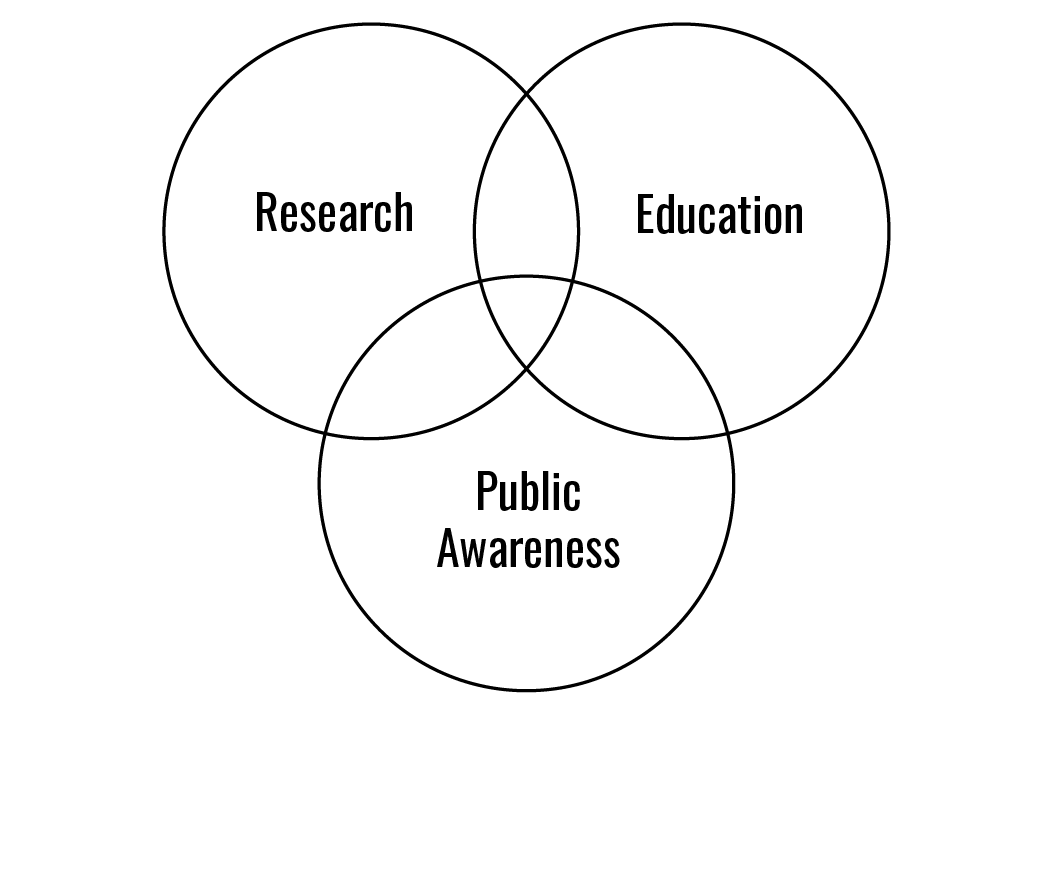

Why does the climate-migration-health nexus matter?
Climate Migration
By 2050, a staggering 1 billion people may be migrating due to climate change. This will affect communities with the poorest health first. Refugees, internally displaced people or those trapped in unviable living conditions may experience a myriad of health outcomes linked to extreme weather and migration challenges.
However, how climate change directly, or indirectly via migration, impacts health, and what the role of health systems can be, is still under explored.
Limiting Global Warming
Despite 196 countries signing the Paris Agreement and commitment to limit global warming, global greenhouse gas emissions continue to rise and the average global temperature has risen 1.2°C above pre-industrial levels and is expected to exceed 1.5°C by 2024.



Impact of COVID-19
The COVID-19 pandemic has shown the fragility of health systems across the globe and has also highlighted the incredible capacity of systems and of people to adapt and respond to an immediate threat. For migrants, however, COVID-19 was just another challenge along the path of many.
Strain on Health Systems
Climate change is the next immediate threat to our health systems, our planet at large and additionally will increase the number of and impacts on migrants and their communities disproportionately.
The climate change, migration and health nexus is a complex but vital space that will be necessary in providing health system solutions for current and future challenges faced by many communities globally.



What needs to be done?
Taking lessons learnt from the current pandemic on how interconnected our global systems are to the function of society; the response to future challenges specific to that of climate change, migration and health, requires collaborative action across all levels of research, design and implementation of evidence based projects and programs, governance and to build the resilience of communities fighting at the forefront.


The CliMigHealth network plays a pivotal role in helping bridge the gaps from the inception point. We develop research, education and public awareness projects that illustrate the complexity of this nexus, why it matters to everyone, and how each sector can get prepared to deal with it. We highlight the work of the network and its members to a wider audience and promote collaboration between partners into tangible outputs.
Discover our network
Founded in 2020 as an international and transdisciplinary network focusing on the climate-migration-health nexus, CliMigHealth consists of a coordination team housed at Ghent University, a steering committee, and members from academic institutions and NGOs from more than 40 countries around the world.



